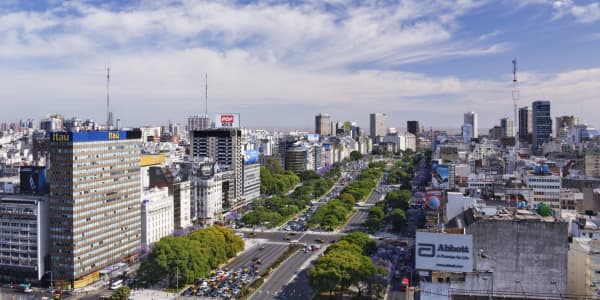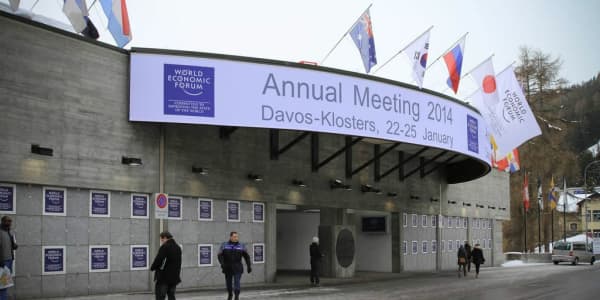Irakli Gharibashvili, the Georgian Prime Minister, has told CNBC he expects more political provocations from Russia this year and into the future.
"We expect pressure from Russia; I wouldn't exclude it," he said, but he emphasized that unlike Ukraine, his nation had less dependence on Russia and therefore he was not as concerned.
"We've been facing problems last year, a war in 2008, even this year we've had a number of provocations along the occupation line and therefore we expect to have more provocations but I wouldn't say there will be no pressure from them. But we are less dependent on Russia and therefore the risks are minimum."
(Read more: What to pick and avoid in Emerging Europe for 2014)
Gharibashvili was speaking after his country this week criticized Moscow for expanding its border deeper into Abkhazia, a breakaway region of Georgia that is next to Sochi, where the Winter Olympics are soon to be held.
There has been no diplomatic relations between the two former Soviet republics since a brief conflict in August 2008. Georgian athletes will attend the Winter Olympics, but no delegates from the country will travel to Sochi.
Despite the conflict, Georgia has tried to mend its relationship with Russia. Gharibashvili said that both he and his predecessor have attempted to normalize their dealings with Vladimir Putin.
(Read more: Emerging Europe's real problem? Politicians)
"Look what happened when we came into power in 2012 after the parliamentary elections," he said. "We changed rhetoric, we did our best in order to normalize our relationship with Russia because this was the number one recommendation from the European counties, United States and others, and we did our best."
However, while cultural and trade relations have improved, it is the political sphere which continues to cause strain.
"Everything is going well besides the political relationship; it conflicts with the policy of the Georgian government," Gharibashvili explained. "On the one hand, we changed the rhetoric; we were making only constructive steps. But on the other hand, we are facing these problems along the occupation line, which we don't understand."
Russia is at the center of the current demonstrations in Kiev. Ukraine's pro-EU opposition leaders issued an ultimatum to President Viktor Yanukovych, after talks failed to resolve the political stalemate. Yanukovych favors closer ties with Russia rather than Europe.
"We do hope that both the leadership of Ukraine and the members of the opposition will find a way to agree. We condemn the violence," Gharibashvili said.
Follow us on Twitter at @CNBCWorld




